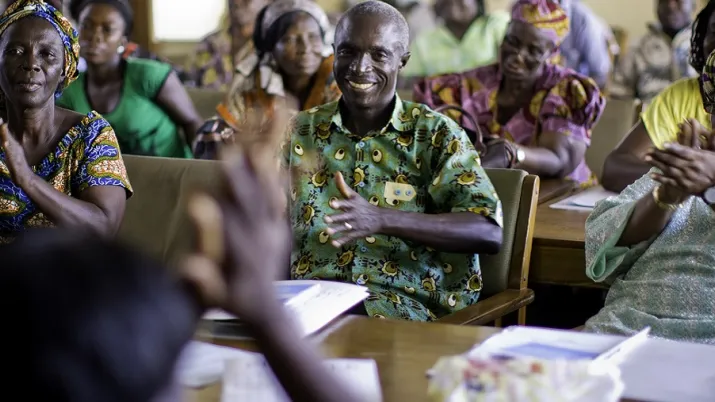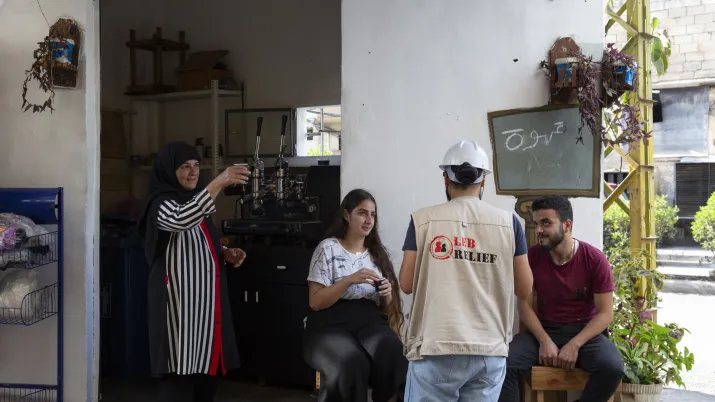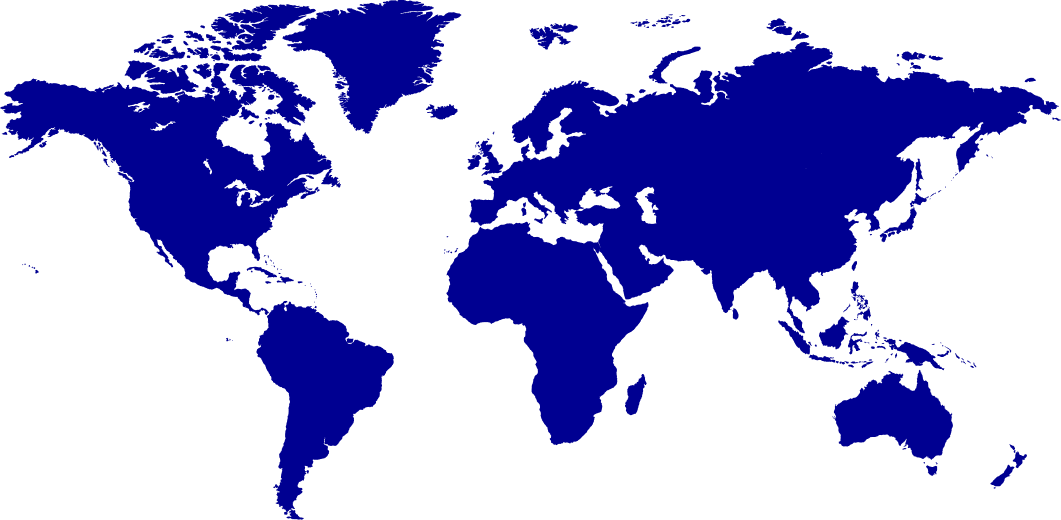Our development cooperation projects
With a portfolio of over 380 development cooperation projects across nearly 150 countries, we engage in key areas of sustainable development and contribute, with the help of our partners, to the Sustainable Development Goals (SDGs). Here are some of our development aid projects spanning governance, security, climate, health, digital technologies, education, and more.
Featured project
L'Initiative – AIDS, Tuberculosis, Malaria
L'Initiative (formerly 5% Initiative) aims to respond to requests for technical expertise from French-speaking countries, to support them in designing, implementing, monitoring/evaluating and measurin...
- When ?
-
2011 - 2030
Status
Ongoing
- Funders
- Gouvernement français
- Financing amount
- 38.8m/year €
Explore our projects
SHABAKE – Building the capacities of Lebanese civil society organisations
Closed
2019 - 2025
Funders : Agence Française de Développement, Ministry of Foreign Affairs of Denmark, Ministry for Europe and Foreign Affairs of France
Patrimoine 3ooo: developing cultural heritage in Tunisia
Ongoing
2019 - 2027
Funders : European Union
Our focus areas
Expertise France is currently implementing 384 projects designed around six major focus areas.
Our projects around the globe
Key figures
- 384 projects underway
- 800 million euros in new projects agreed in 2024
- 147 countries of operation





